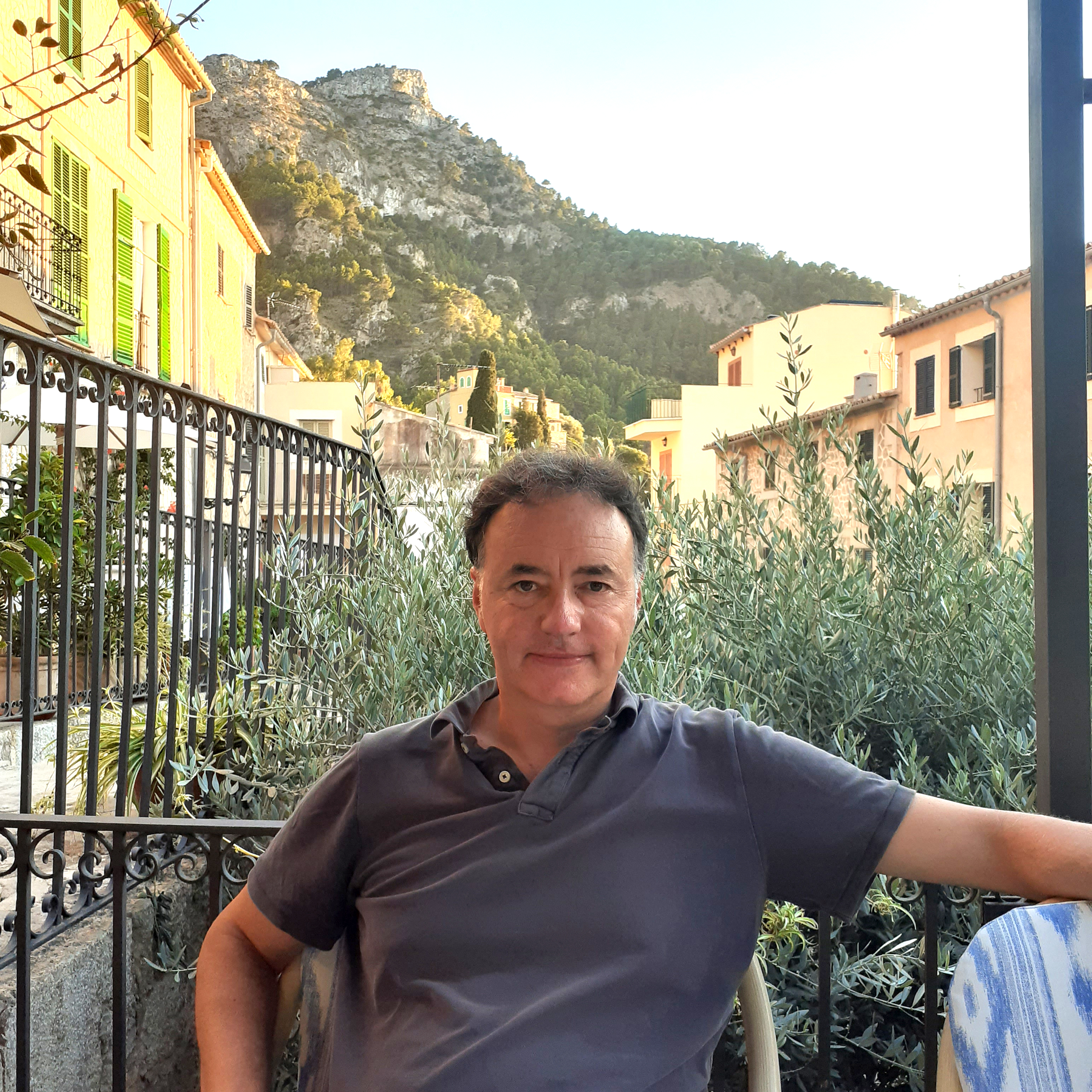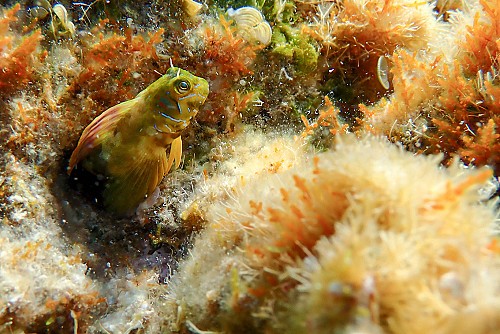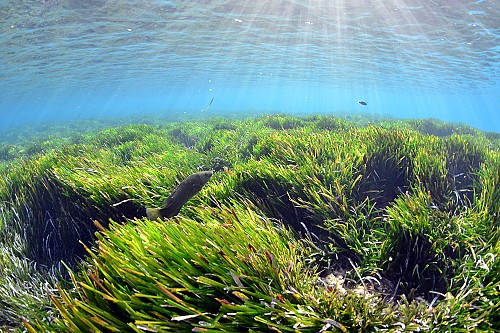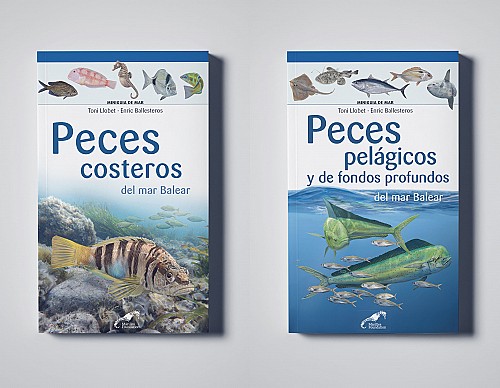Pep Coll has a degree in Biology (Zoology) from the University of Barcelona; and a phD in Marine Ecology (University of the Balearic Islands, UIB); between 1998 and 2003, he was Associate Professor of Ecology at UIB; and he is also a professional diver. At present he is working as a technician at Tragsatec and is responsible for monitoring marine reserves in the Balearic Islands. After 20 years studying the fish population in marine reserves with fishing environments and in protected marine spaces, he is an expert at evaluating the “reserve effect”.
You’ve spent half your life in the sea, starting from a very young age. What would you say are the biggest changes you’ve seen in our waters?
The biggest changes that I've seen are: a loss of transparency in the water; the massification of the coast and the islands; a reduction in the fishing fleet; and a decrease in elasmobranchs during the fishing process (small sharks, winter skates, electric rays…)
At the end of the 80s, you and a group of biologists started to demand the creation of marine reserves in the Balearic Islands. Which have been the key moments in establishing marine protectionon the islands? Have you achieved your dreams?
The protection of the island of Cabrera was a great turning point because it quickly helped recover marine resources which had previously been damaged. This inspired our legal fishing authorities, the Direcció General de Pesca del Govern, to establish marine reserves as a tool for fishing management. What we were dreaming of has been accomplished, I’d say, ≈80%. There are a few marine reserves in the north coast of Mallorca and the southwestern coast of Eivissa that still need work. On the other hand, the existence of certain large marine reserves isn’t entirely justified. Better smaller and well-chosen. You cannot trivialise marine reserves.
We know you are an activist for the conservation of marine resources and that you also practice underwater fishing. We want to protect fish populations, yet also go fishing. How can we keep a balance?
A good education about our environment is fundamental, but we can’t expect everyone to be well-informed. I believe the Administration plays a crucial part and should intervene. If spearfishing was the only current fishing modality, fish would spill out of the water – there would be too many! But the areas that are within visual reach of swimmers and divers(rocky floors less than 35 meters deep) would be bare. Spearfishing is effective in a very sporadic habitat of the coast: abrupt, rocky sea floors – nowhere else. Right now, in order to make spearfishing sustainable, we should haveseasonal bansfor target species (grouper, seabass, amberjack, brown meagre); and more effective surveillance and enforcement. We should also ensurethat spearfishing championships disappear forever. It wouldn’t be fair to ban them in mostof the Balearic Islands as a recreational activity.
COULD YOU DESCRIBE WHAT IT’S LIKE AND WHAT YOU CAN FIND IN THE MOST MAGICAL UNDERWATER SPOTIN THE BALEARIC SEA– A PLACE WHERE YOU’D GO DIVING FOR PLEASURE?
L’illa del Toro (Calvià) and Na Foradada (Parc Nacional de Cabrera). They have very richhabitats, with sudden drops in depth, lots of hiding places for fish and a “catering service” that brings them food: water currents. That is why there are so many large fish, of so many different species.
Quick test for sea lovers
A book: Eh, Petrel by Julio Villar and Letters to a Spiritual Seeker, by H. David Thoreau.
An image: Es Vedrà.
A marine species: The dusky grouper.
A benchmark organisation or person: GOB and Jacques Cousteau.
A beach: Platja de Migjorn (Formentera).
A sentence that defines you: “Always controlling passion!”
Are you an optimist, a realist or a pessimist? An opti-realist.





